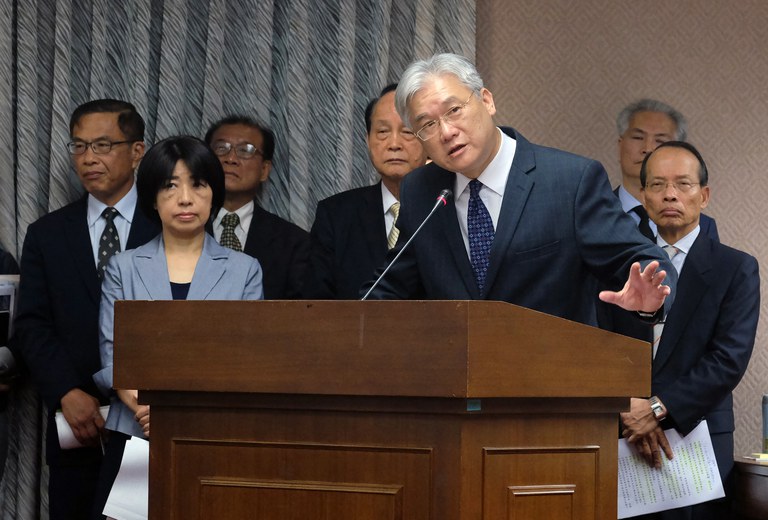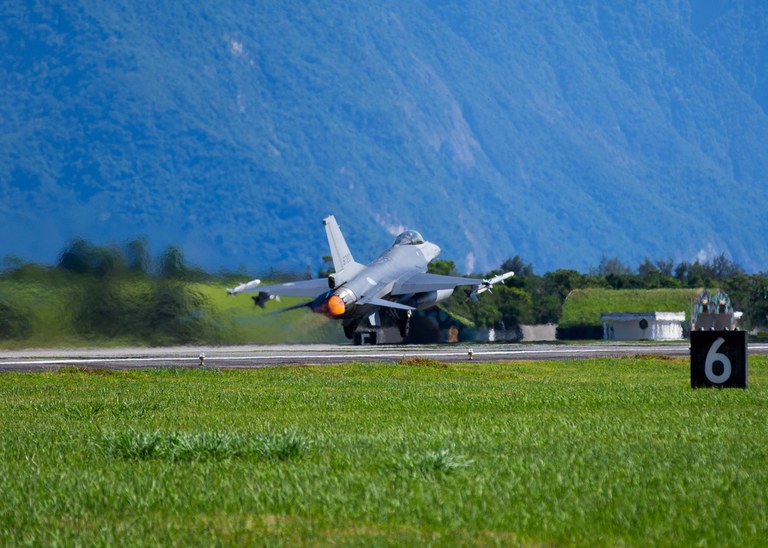Vietnam appeals court reduces jail terms for two NGO workers
A court in Vietnam’s capital Hanoi on Thursday slightly reduced the jail terms of two civil society workers sentenced in January on tax evasion charges, saying one of the men had returned part of the money owed, while the other had not gained financially from the evasion. Mai Phan Loi, chairman of the Committee for Scientific Affairs of the Center for Media in Educating Community (MEC), will now serve 45 of the 48 months of his original sentence, while MEC director Bach Hung Duong will serve 27 months of a 30-month term, according to state media reports. In a story Thursday, the Ho Chi Minh City Law Newspaper said that Loi’s sentence was reduced because his family had returned part of the money claimed in taxes, while Loi himself had cooperated with authorities investigating the case against him. Duong will now serve a shorter term because he had received no benefit from the tax evasion and is suffering from an unspecified illness, the newspaper added. Speaking to RFA after the hearing, defense attorney Huynh Phuong Nam declined to comment on the trial, saying only that Loi’s family had given back VND 1.2 billion ($50,000) out of the VND 1.97 billion ($82,100) claimed by the government in taxes. The indictment filed against the men by the Hanoi People’s Procuracy said that MEC had received nearly VND 20 billion in support from domestic and international organizations, but had failed to create financial reports or submit tax declaration forms. Though nonprofit organizations are exempt from paying corporate taxes in Vietnam, the tax laws pertaining to NGOs receiving funds from international donors are particularly vague and restrictive, sources say. Jail term upheld In a separate hearing, the Hanoi High-Level People’s Court on Thursday upheld the 5-year prison sentence imposed in January on Dang Dinh Bach, director of the Research Center for Law and Policy for Sustainable Development (LPSD), saying Bach had refused to return VND 1.3 billion ($54,200) owed in taxes. Bach had failed to file taxes and to report sponsorship from groups overseas from 2016 to 2020, the indictment against him said. Speaking to RFA after the hearing, Bach’s wife Tran Phuong Thao said that security forces had barred her from attending her husband’s trial, forcing her to sit instead at the courthouse gate. Lawyers were also prevented from bringing laptop computers or mobile phones into the court, she said. “I was not surprised by the outcome of the trial and was mentally prepared for whatever would happen,” Thao said. “My husband continues to deny all the charges made against him and still declares his innocence. “Because my family has not paid the government’s so-called ‘remediation money,’ the court would not consider mitigating circumstances,” she said. Rights groups and activists have condemned Loi’s, Duong’s and Bach’s jailing, noting their arrests followed their promotion of civil society’s role in monitoring the European Union-Vietnam Free Trade Agreement (EVFTA), which came into force in 2021. Translated by Anna Vu for RFA Vietnamese. Written in English by Richard Finney.







